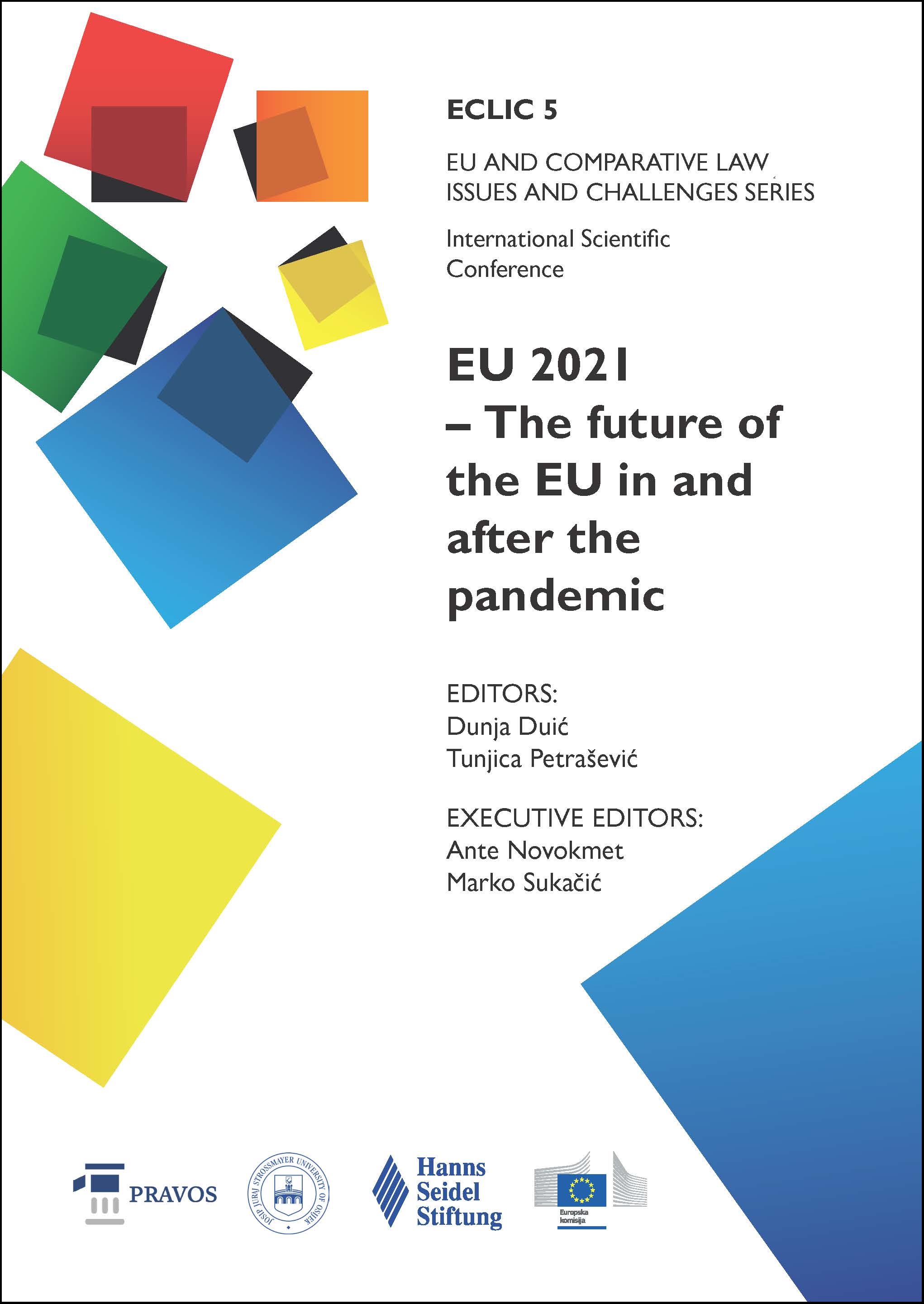HUMAN RIGHTS OMBUDSMEN IN THE PANDEMIC
CHALLENGES IN PROTECTION OF VULNERABLE GROUPS
DOI:
https://doi.org/10.25234/eclic/18353Abstract
Pandemic of virus COVID-19 posed numerous and unprecedented challenges to citizens and authorities which required shift in behavior and actions of all segments of society. Representing Ombudsmen Institution of Bosnia and Herzegovina, authors shared their experience in monitoring implementation of the decisions of all levels of government and presented challenges in striking the right balance between interests of public health and protection of rights of vulnerable groups. Public authorities in Bosnia and Herzegovina have passed emergency measures aimed at containing the spread of virus, but some of them failed to maintain human rights standards. Following the decisions of crisis centers to limit the freedom of movement, it was necessary to secure rights of children to education, protection from domestic violence and neglect in the family context. In introducing online education, authorities were asked to adapt recognition and grading system to the children in different conditions and circumstances, especially to the children with difficulties in development, children living in poverty and on margins of society such as Roma children or those living in institutions. Ombudsmen Institution registered increase in the number of domestic violence cases because measures limiting freedom of movement had impact on victims' ability to seek help from trusted sources, usually members of immediate family or representatives of law enforcement agencies. Having in mind that large number of citizens could not afford access to the official gazettes in any form, Ombudsmen requested that all enacted legislation be accessible online recommended that the decision banning reporters from conferences be reconsidered, guided by the right of citizens to be informed of their government actions. Examining the practice of placing COVID stickers on mail by the Post Office, Ombudsmen issued recommendation to stop such practice as it was deemed disproportional to the right to privacy and protection of personal data, while the protection of postal workers could have been ensured by other protective measures. It also became evident that national budgetary capacities had to be increased in order to prevent deterioration in provision of basic public services such as health and social protection, since economic consequences of the pandemic were disproportionally felt by the groups exposed to poverty, such as Roma, refugees or migrants. Drawing conclusion from concrete cases, authors offer review of particular emergency measures, analyze their adequacy, justifiability and timeliness, while presenting authorities’ response to Ombudsmen’s findings in formulating more adequate and efficient but, at the same time, least intrusive measures taken in response to the disaster. In search of common response to such widespread phenomenon, governments should recognize the intention of Ombudsmen Institutions to be in „permanent session“ over protection of vulnerable groups and should more actively involve it in discussions on emergency measures and their effect on human rights and freedoms. It proved to be better suited to act quickly, to apply more effective remedies and to correct government actions thanks to its knowledge of the local context than traditional institutions for protection of human rights, such as constitutional courts, international courts or treaty bodies.
Downloads
Published
How to Cite
Issue
Section
License
Copyright (c) 2021 Ljubinko Mitrović, Predrag Raosavljević

This work is licensed under a Creative Commons Attribution-NonCommercial 4.0 International License.
Authors retain the copyright on the papers published in the Journal, but grant the right of first publication to the Journal. Papers accepted for publication or already published in ECLIC of the Faculty of Law in Osijek may be published by the author(s) in other publications only with proper notice of its previous publication in ECLIC.


